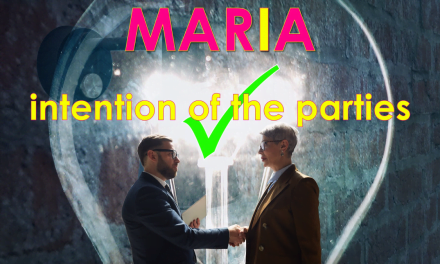This new law regulates the responsibilities of homeowners’ associations (HOAs) and homeowners on the installation and use of electrical vehicle charging stations in common interest developments (CIDs).
California Civil Code §1353.9
Added by S.B. 209
Effective: January 1, 2012
The covenants, conditions and restrictions (CC&Rs) for a common interest development (CID) may not effectively prohibit or restrict the installation or use of an electrical vehicle charging station (station) in the CID.
CC&Rs may however place reasonable restrictions on a station, providing the restrictions do not significantly increase the station’s cost or significantly decrease the station’s efficiency or performance.
If the installation or use of a station requires approval, the CID’s homeowners’ association (HOA) must consider the application for approval in the same manner the HOA would consider an application for architectural modification to the CID. The HOA’s approval or denial of the application must be in writing. If the HOA fails to deny the application in writing within 60 days from the receipt date of the application, the application will be considered approved (unless the delay is due to the HOA’s reasonable request for more information).
The following provisions apply if the station is in a common area or an exclusive use common area:
1. A homeowner must obtain the CID’s approval to install a station and the CID must approve the installation if the homeowner agrees in writing to:
- comply with the CID’s architectural standards for station installation;
- employ a licensed contractor for the installation;
- within 14 days of approval, provide an insurance certificate which insures the CID under the homeowner’s insurance policy; and
- pay for the station’s electricity costs.
2. The homeowner and each successive homeowner of the station’s parking stall is responsible for:
- costs for damage to the station or areas common or adjacent which result from work done on the station;
- costs for work done on the station until it is removed from the common area;
- costs for electricity; and
- disclosure to prospective buyers of the station’s existence and the responsibilities associated with the station.
3. The homeowner and each successive homeowner must at all times maintain an umbrella liability coverage policy of $1,000,000 which insures the CID and covers the homeowner’s responsibilities defined in the provision above, with a right to notice of cancellation.
An HOA which violates this new law will be liable for actual money losses and pay a civil penalty of no more than $1,000.
Editor’s note – The duty of the homeowner described in the second provision above to disclose the station to prospective buyers is best fulfilled with the Transfer Disclosure Statement (TDS). The TDS represents, to the best of the seller’s knowledge, the conditions of the property.
Related forms: first tuesday Form: 304 Condition of Property – Transfer Disclosure Statement (TDS)


















